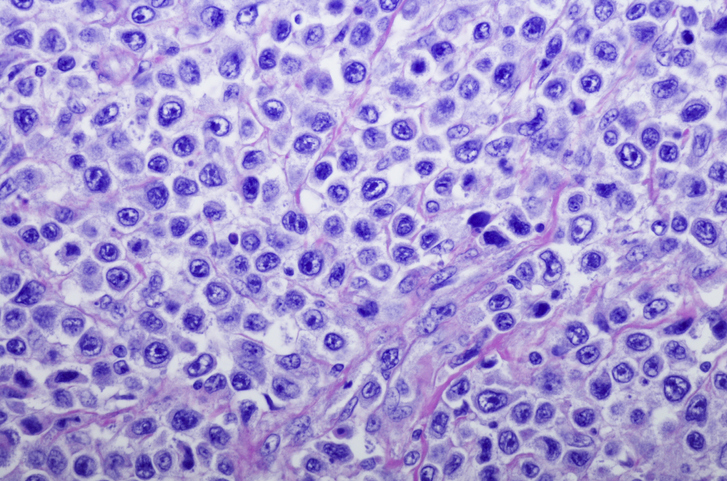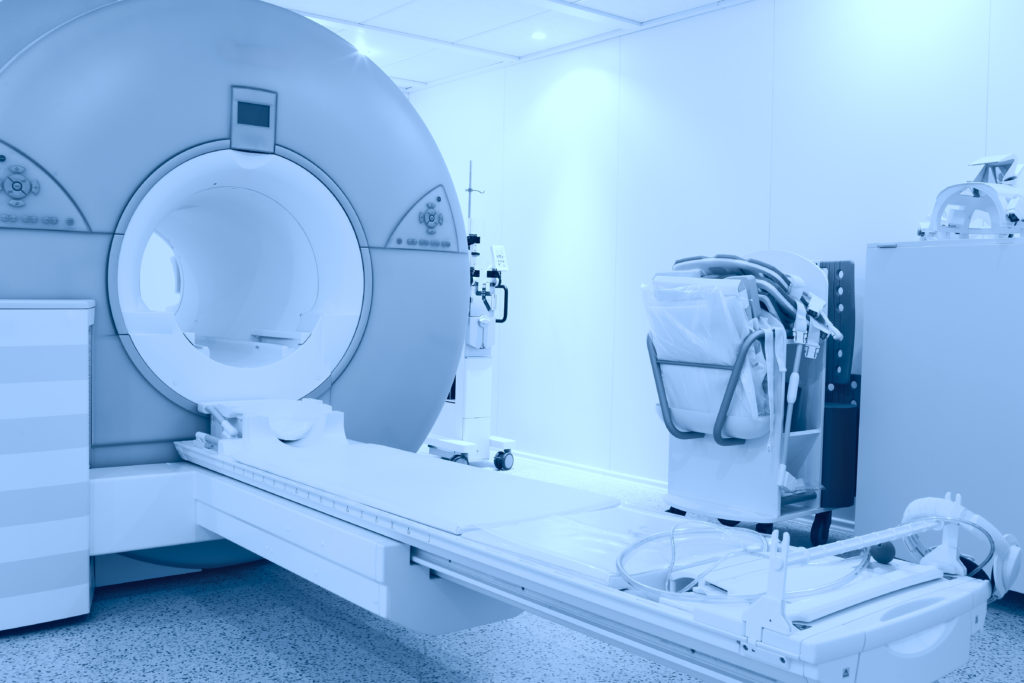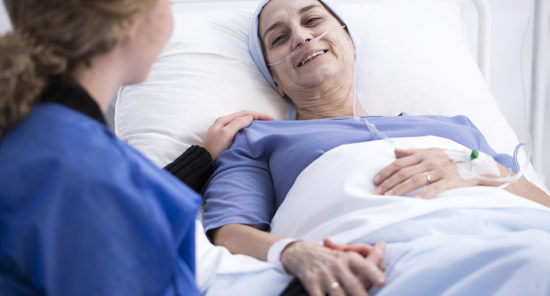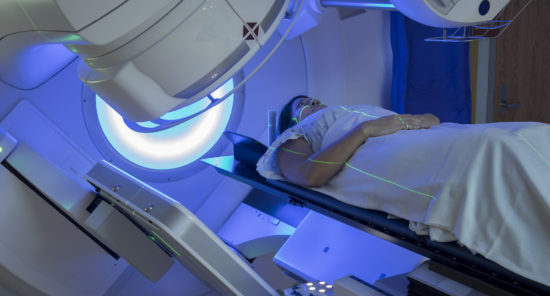Drinking coffee may reduce the risk of disease progression and mortality in patients with advanced or metastatic colorectal cancer, according to a new study conducted by researchers from the Dana-Farber Cancer Institute. The study was published in JAMA Oncology.
Researchers noted that several compounds found in coffee possess antioxidant, anti-inflammatory, and insulin-sensitizing effects that may inhibit cancer activity. While previous studies have uncovered a link between coffee drinking and a lower risk of recurrence and death in colorectal cancer, until now the correlation between coffee consumption and survival in patients with advanced or metastatic disease has been unknown.
In this prospective observational cohort study, researchers recruited 1,171 patients with previously untreated locally advanced or metastatic colorectal cancer who were enrolled in a phase III clinical trial comparing the addition of cetuximab and/or bevacizumab to standard chemotherapy. Patients were asked to report their daily consumption of total, decaffeinated, and caffeinated coffee using a semiquantitative food frequency questionnaire. The primary outcomes were stipulated as overall survival (OS), and progression-free survival (PFS). The researchers collated data from October 27, 2005 to January 18, 2018 and analyzed the data from May to August 2018.
According to the results of the study, increased consumption of coffee was associated with a decreased risk of cancer progression (hazard ratio [HR] for 1-cup/d increment, 0.95; 95% CI, 0.91 to 1.00; P=.04 for trend) and death (HR=0.93; 95% CI, 0.89 to 0.98; P=.004 for trend). Participants who consumed two to three cups of coffee per day had a multivariable HR for OS of 0.82 (95% CI, 0.67 to 1.00) and for PFS of 0.82 (95% CI, 0.68 to 0.99), juxtaposed to non-coffee drinkers. The results showed those who consumed at least four cups of coffee per day had a multivariable HR for OS of 0.64 (95% CI, 0.46 to 0.87) and for PFS of 0.78 (95% CI, 0.59-1.05).The researchers noted that significant associations were observed for both caffeinated and decaffeinated coffee.
“Although it is premature to recommend a high intake of coffee as a potential treatment for colorectal cancer, our study suggests that drinking coffee is not harmful and may potentially be beneficial,” says Dana-Farber’s Kimmie Ng, MD, MPH, senior author of the study via a press release about the study.
“This study adds to the large body of literature supporting the importance of diet and other modifiable factors in the treatment of patients with colorectal cancer,” Ng adds. “Further research is needed to determine if there is indeed a causal connection between coffee consumption and improved outcomes in patients with colorectal cancer, and precisely which compounds within coffee are responsible for this benefit.”
Credit: Original article published here.










